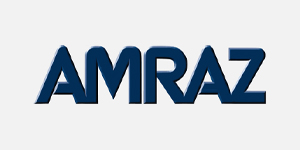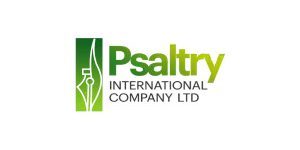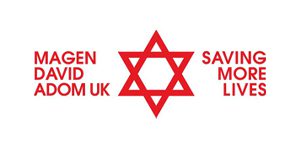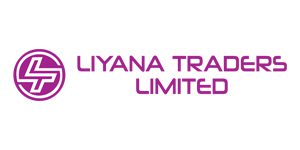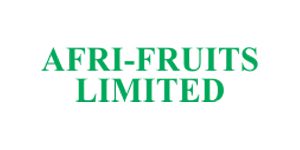Originally published on Outlook Magazine Issue 21.
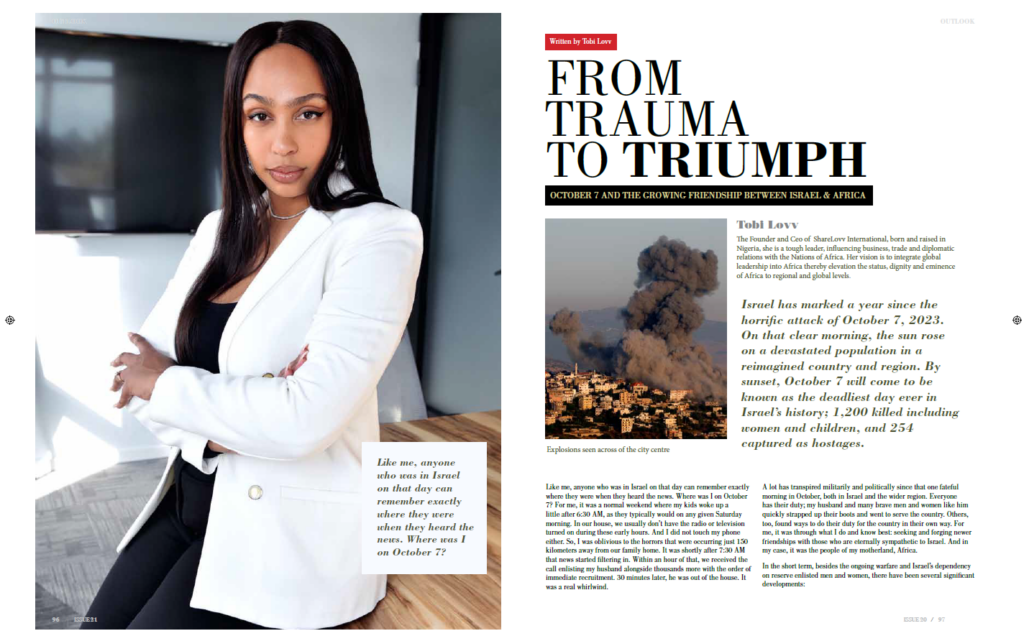
Israel has marked a year since the horrific attack of October 7, 2023. On that clear morning, the sun rose on a devastated population in a reimagined country and region. By sunset, October 7 will come to be known as the deadliest day ever in Israel’s history; 1,200 killed including women and children, and 254 captured as hostages.
Like me, anyone who was in Israel on that day can remember exactly where they were when they heard the news. Where was I on October 7? For me, it was a normal weekend where my kids woke up a little after 6:30 AM, as they typically would on any given Saturday morning. In our house, we usually don’t have the radio or television turned on during these early hours. And I did not touch my phone either. So, I was oblivious to the horrors that were occurring just 150 kilometers away from our family home. It was shortly after 7:30 AM that news started filtering in. Within an hour of that, we received the call enlisting my husband alongside thousands more with the order of immediate recruitment. 30 minutes later, he was out of the house. It was a real whirlwind.
A lot has transpired militarily and politically since that one fateful morning in October, both in Israel and the wider region. Everyone has their duty; my husband and many brave men and women like him quickly strapped up their boots and went to serve the country. Others, too, found ways to do their duty for the country in their own way. For me, it was through what I do and know best: seeking and forging newer friendships with those who are eternally sympathetic to Israel. And in my case, it was the people of my motherland, Africa.
In the short term, besides the ongoing warfare and Israel’s dependency on reserve enlisted men and women, there have been several significant developments:
- Moody’s Credit Score: Israel’s credit rating has been reduced, signalling a broader economic impact.
- Flight Cancellations: The conflict has led to disruptions in travel, affecting tourism and international business relations.
- Diplomatic Fallouts: Diplomatic relations have been strained, necessitating careful navigation of international partnerships.
- Impact on Pilgrimage and Tourism: The war has significantly impacted pilgrimage activities and tourism, key sectors of Israel’s economy.
However, we must also consider the long-term implications:
- Israel’s Treatment of Strategic Alliances: How Israel engages with its allies will be crucial in the coming years.
- Overall Neighbourhood Security Concerns: The security of the region remains paramount as tensions rise.
- Trade Embargoes: Embargoes from Turkey and other nations will influence trade dynamics.
- New Opportunities for Trade: In adversity lies opportunity, and this could lead to new avenues for trade.
As I look ahead, I see an outlook for Israel that requires redeeming the time and resources over the course of this war, which is, in itself, a costly enterprise. Israel and its companies will need to pivot, exporting their products and services to newer, untapped markets where they previously may not have prioritized. Some of these markets are in Africa. In fact, we foresee the next five years to be very favorable, with many new players entering existing industries ranging from agricultural technology to climate sustainability, artificial intelligence, and any technological solution addressing the myriad challenges faced by the developing world. ShareLovv has already anticipated these changes and is equipped with the best available knowledge to assist these companies in finding the most beneficial partnerships.
At the Nigeria-Israel Business Forum (NIBF) 2024, I shared valuable insights on how to successfully conduct business with Israel, forecasting that trade between Nigeria and Israel will grow to billions of dollars in revenue over the coming decades. This event, held on July 17 in the heart of Abuja at the Embassy of the State of Israel, spotlighted the theme of trade. The discourse centered around diversifying Israeli imports and exploring potential trading partners.
Leading the charge was H.E. Ambassador Leo Vinovezky, director of economic affairs with Africa at the Israeli Ministry of Foreign Affairs, who delivered a compelling keynote address. He was followed by H.E. Ambassador Gabriel Hayon, president of the Israel Diplomatic Institute, who presented how Israel is actively seeking alternatives to imports from Turkey, emphasizing Nigeria’s potential to fulfill many of these needs.
During my presentation, I highlighted the remarkable surge of Nigeria’s exports to Israel, reaching USD $552.79 million by 2023, demonstrating the burgeoning potential for deeper bilateral trade relations. I identified several Nigerian products with strong export potential to Israel, including onions, tomatoes, garlic, cashews and cashew products, biscuits, sesame seeds, coffee, tea, spices, oil seeds (such as canola, peanuts, and soybeans), coconut, and shea tree nuts. These products can meet the demands of Israeli markets, creating valuable opportunities for Nigerian exporters.
I also shared helpful do’s and don’ts for conducting business with Israelis. Embracing a casual and informal business culture, being prepared to deal with direct and assertive partners, and staying results-driven are essential. On the flip side, it’s crucial to avoid discussing Israeli politics, remain neutral if the topic arises, and focus on honesty and directness in communication. Finally, I advised attendees to refrain from communicating on Fridays and Saturdays due to Sabbath observances and to respond promptly to messages—even if it’s just to acknowledge that they are working on finding an answer.
The NIBF 2024’s dialogue was enriched by contributions from high-level speakers, including Israel’s Ambassador to Nigeria, H.E. Michael Freeman, and Nigeria’s Ambassador in Tel-Aviv, H.E. Agatha Nonyelum Afoekelu. Their remarks underscored the commitment of both countries to bolster trade relations and foster partnerships.
Among the many key partnerships that ShareLovv is facilitating is our collaboration with Amraz LTD, a leading plastics technology company based in Israel. This partnership is aimed at expanding Amraz’s cutting-edge products and services into Africa. Through our facilitation, Amraz is bringing advanced plastic solutions to African businesses, offering preforms, closures, and foils made from a variety of thermoplastic materials, all with sustainable practices in mind. Amraz is actively seeking partnerships to supply and compliment their demand in Nigeria and West Africa, with plans to expand into several other African countries by 2025.
Additionally, ShareLovv is playing an instrumental role in facilitating commodity trading between Nigeria and Israel, particularly in cashews, cocoa, shea butter, and sesame seeds. These agricultural commodities are in high demand in Israel, and we are working with both Nigerian exporters and Israeli importers to create streamlined trading channels that benefit both sides.
An integral part of Israeli society that ties into the resilience and steadfastness we see today is Magen David Adom (MDA), Israel’s national emergency medical service. Founded in 1930, even before the establishment of the State of Israel, MDA has been a cornerstone of the country’s infrastructure. Today, MDA’s responsibilities include first aid training, maintaining over 1,700 ambulances, collecting and supplying 300,000 units of blood annually, and sharing its expertise in handling mass casualty situations with countries around the world.
Given MDA’s crucial role in Israeli society, I believe it is vital to engage with and support their work, particularly now when Israel is facing its toughest times since its founding. Recently, Bishop Stephen Adegbite, Executive Secretary of the Nigerian Christian Pilgrim Commission (NCPC), assured Nigerians of Israel’s safety for pilgrims during a meeting in Tel-Aviv. After spending five days in Israel, Bishop Adegbite expressed that Israel remains peaceful and open to pilgrims, further reinforcing the strength and stability of the country despite current challenges. His comments, along with support from Nigerian Ambassador to Israel Agatha Afoekelu, demonstrate how Israel continues to be a hub of faith-driven and cultural connections.
At ShareLovv International, we are committed to fostering partnerships that promote trade, development, and solidarity between Israel and Africa. If you are interested in learning more about how we can help your business connect with Israeli partners, or if you want to explore opportunities in the growing trade sectors between Nigeria and Israel, we encourage you to reach out. Together, we can drive meaningful change and open doors to new markets. Contact us today to start building these international bridges.
